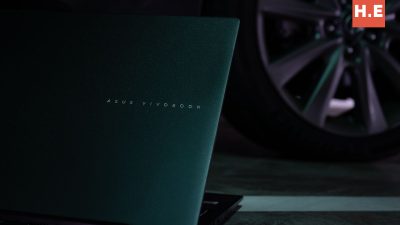
Malaysia first WTE furnace is in its testing phase, and this is why it’s important
What is a WTE (Waste To Energy) Furnace?
- Cypark waste-to-energy furnace is Malaysia’s first WTE Furnace
- It is located at Port Dickson, Negeri Sembilan
- 131,000 MWh of electricity will be generated annually
- The full capacity of the WTE furnace is up to 1000 tons daily, the plant will mainly process waste from Seremban and Port Dickson, which output around 700 tons of waste daily.
Why is this important?
- Malaysia generates 14 million metric tons of solid waste annually, the WTE furnace will be able to take some of them and convert them into energy.
- It takes solid waste and converts it into energy. Up to 1000 tons of which would otherwise be disposed via other means. Best case scenario, it will be recycled. More often than not, they will end up dumped into landfills, impacting the environment, or worse, burnt, affecting air quality and adding to the country’s carbon emissions.
- The waste delivered to Cypark will not be delivered straight to the incinerator, but will be sorted out further. Recyclable waste such as plastic bottles, glass, metal, and others will be picked out and be sent for recycling to further reduce the impact on the environment.
- The gas produced by the waste will be processed and fed into their biogas engine plant instead of being released into the environment.
- Ultimately, the processed waste will be incinerated to turn water into steam, which will turn turbines to generate electricity.
- Byproducts such as the gas produced by the combustion will be treated by an industrial filtering system before being released into the environment, reducing the environmental impact.
- Ash, whic his the other main byproduct, will be repurposed for construction material.
Facts about Malaysia’s waste system

- 82.5% of the approximately 14 million tons of waste is just dumped into landfills.
- In 2020, Malaysia only recycled about 30.67% of its waste, much lower compared to neighboring countries like Singapore at 59%, Korea at 49%, and Taiwan at 60%.
- Up to 195 rivers in Malaysia are considered ecologically dead due to environmental pollution.
- Malaysia’s Government had initiated the 3R program (Reduce, Reuse, and Recycle) targeting a 40% recycling rate for Malaysia, but studies have shown that the program has so far been ineffective.
Writer’s opinion

- Malaysians need to understand how waste disposal impacts the environment and ultimately their life,
- The government needs to put more effort into promoting their 3R Program, either through more effective communication or even by incentivizing the public to participate.
References
- https://www.mida.gov.my/waste-to-energy-for-a-sustainable-future/
- https://wmam.org/pollution-rendering-rivers-ecologically-dead/
- Implementation on Solid Waste Reduction through 3R (NSWM Policy) and Elements to Close Gap between Policy and Contractors in Construction Industry in Penang by L. S. Ng, T. W. Seow, and K. C. Goh.
- STATUS OF 3R AND WASTE MANAGEMENT IN MALAYSIA by Agamuthu P., Fauziah S.H.










